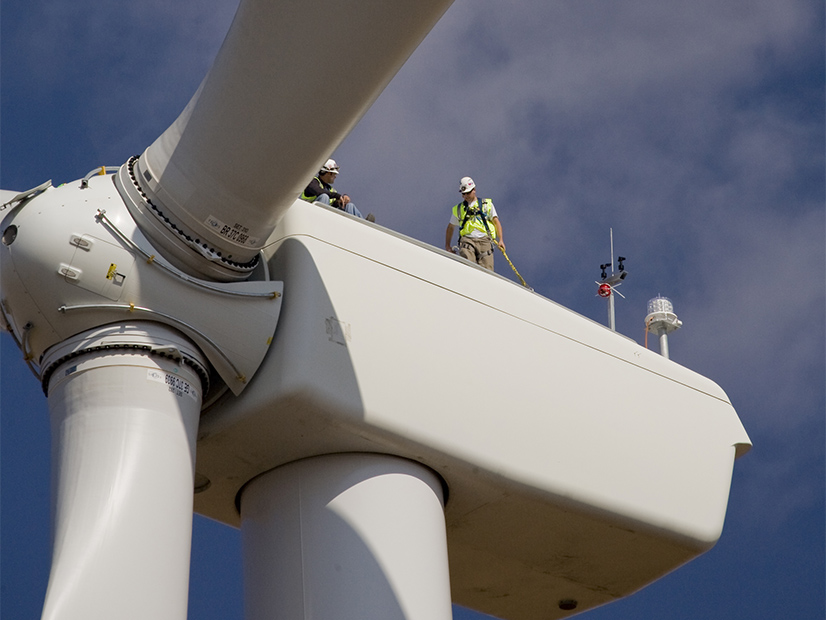
Xcel Energy management told financial analysts last week that it has made “significant progress” on what it calls “industry-leading clean energy transition plans.”
“Given that the regions where we serve customers are the most resource rich in wind and solar,” CEO Bob Frenzel said during the company’s third-quarter earnings call Friday, “we believe that we can lead this clean energy transition for our customers more cost-effectively than almost any other company.”
The Minneapolis-headquartered company is relying on its Steel for Fuel 2.0 program, which builds on its plan to swap fossil generation for fuel-free wind and solar that the company rolled out seven years ago. Xcel has increased its capital investment plan through 2028 to $34 billion, with another $10 billion potentially necessary after state regulatory approval of clean energy projects. (See Earnings Up, Xcel Touts ‘Steel-for-Fuel’ Strategy.)
In September, Xcel’s Colorado subsidiary filed what it called the largest clean energy transition effort in the state’s history. The plan includes shutting down its remaining Colorado coal plants with approximately 6.5 GW of renewable energy and battery storage, doubling the state’s renewables, and about 600 MW of natural gas resources to ensure reliability during times of low wind or solar conditions.
Including about $3 billion in required transmission investments, Xcel will invest nearly $11 billion in the state. The company expects Colorado’s regulatory commission to rule on the proposal early next year.
In Minnesota, Xcel has received regulatory approval to add 250 MW of new generation at its Sherco Solar project, bringing the facility’s capacity to over 700 MW. The project will use existing interconnections from the Sherco coal plant, which is retiring by 2030.
Its Southwestern Public Service Co. (SPS) subsidiary filed a resource plan in New Mexico earlier this month that lays out a need for between 5 GW and 10 GW of new generation by the end of this decade. SPS already has proposed 418 MW of company-owned solar and battery projects that are pending commission approval.
“We have the potential to deploy [15 GW] to [20 GW] of new clean generation on our systems by 2030, dramatically lowering our emissions profile,” Frenzel said.
The company said it will appeal a Colorado district court decision Wednesday that awarded CORE Energy $26.5 million in damages for a breach of contract and mismanagement of Xcel’s Comanche 3 unit. CORE owns a 25% share of the plant, which has averaged 91 days of unplanned shutdowns a year since the unit went online in 2010.
“We have a strong legal basis for challenging that $26 million award,” Xcel CFO Brian Van Abel said.
The company reported earnings of $656 million ($1.19/share), compared with $649 million ($1.18/share) for the same period in 2022. The results reflect the effect of increased recovery from infrastructure investments, higher sales and demand, and lower operating and maintenance expenses, partially offset by increased interest charges and depreciation, the company said.
Its share price lost 2.4% Friday, closing down $1.46 at $58.31.



